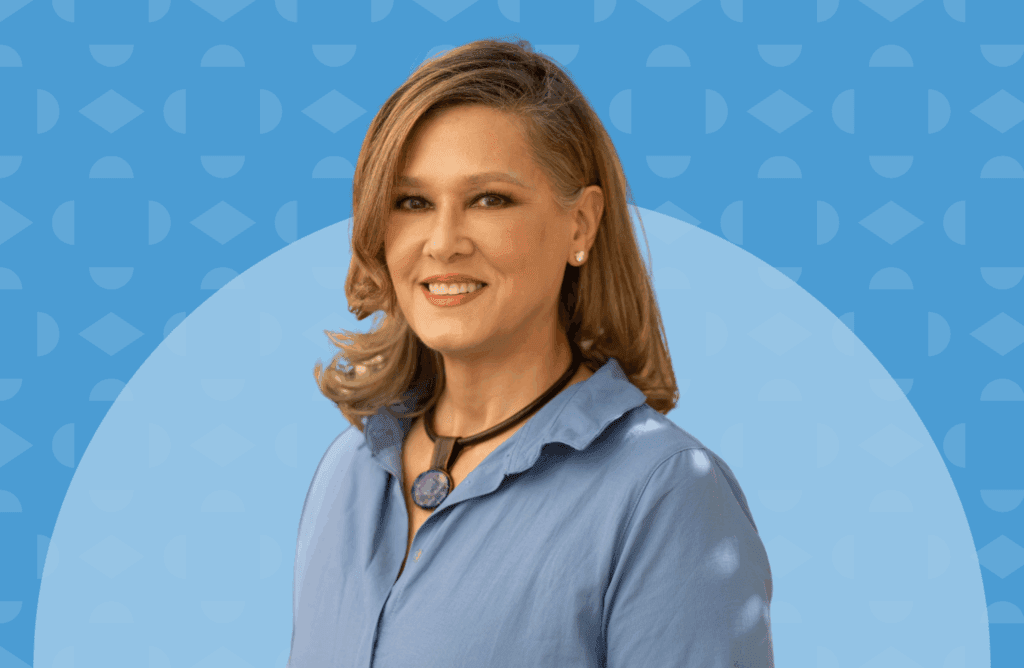
Kristen Harrison, Richard Cole Eminent Professor in the UNC Hussman School of Journalism and Media, on the effects of media consumption for children and adolescents.
Kristen Harrison began her career studying the connection between media, body image and eating disorders as a graduate student, more than 30 years ago. At the time, fashion magazines and television shows that centered on having beautiful, glamorous casts represented the most damaging content. Today, content from beauty and fitness influencers is most associated with negative body image.
The media landscape has changed dramatically over the years, but Harrison’s research has steadily focused on the impact of media messages on body perceptions. She also generally studies the behavioral and psychological effects of media consumption, especially on children and adolescents.
What are the biggest concerns around youth media consumption? And what can parents do to minimize potential negative effects?
HARRISON: Life with media has three big areas of impact: the impact of the actual content itself, which is undeniably important; displacement, or what children and adolescents are not doing if they are spending time with media; and other consequences of engagement with media technology that may have nothing to do with actual content. This includes things like the gruesome examples of students who have been hit by cars because they crossed the street while looking at their phones.
My research focuses primarily on body-related impacts of media messages. Research has confirmed for decades that consuming media content that shows bodies in idealized, unrealistic ways is tied to body dissatisfaction and can lead to harmful behaviors like disordered eating.
And we know that adolescents are the most vulnerable to experiencing poor body image as a result of media messages.
We tend to think that we can fight self image issues with body positivity, but research shows that while those messages might make people feel better in the moment, they keep the focus on bodies and affirm the overall message that your value as a person is tied to your appearance and what others think of it. With body image the big question is, “What does it mean to be a valuable person?” So, bringing someone struggling with body dissatisfaction back to engaging with others and the world around them is the most helpful. For those with poor body image, I believe it’s best to take a break from all body-related content and focus instead on other interests – whether it be nature, science or anything else that’s not tied to our bodies.
If parents are concerned about their kids’ media consumption, I try to remind them that it’s not as simple as “My child is addicted to their phone.” Devices help both children and adults modify their sensory input. So, start by talking to your child about what they appreciate most about being on their devices and then try out other places and activities that may feel exciting, or safe, or calm – depending on what they are looking for.
I think it’s more about parents finding alternatives for their children and leading the way on exploring other interests, rather than simply setting limits. It’s like with food, if you want your child to eat a more varied diet, you have to bring in lots of other stuff and see what they like.
Eminent professorships support renowned scholars and propel research at Carolina. These privately funded endowments help attract and retain the academic leaders of today, ensuring a state-of-the-art education for all Tar Heels.
As told to Audrey Smith ’10
Photo submitted by subject
Related Stories




